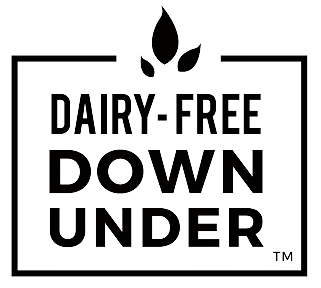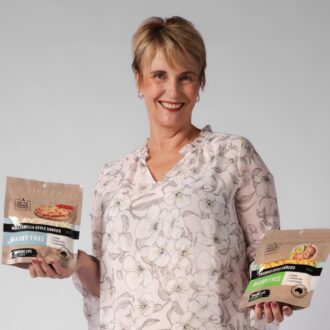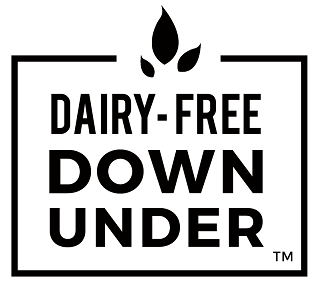So much vegan sour cream, so little time.
Sour cream is beloved by many, making the perfect topping for nachos, burritos, baked potatoes, soups, and stews. It can be used in baking to make cheesecakes, brownies, and sponge cakes.
And as more research points to the negative impact of dairy on our bodies, the planet, and the cows used to produce it, many are looking for cruelty-free ways to enjoy the diverse, creamy dip.
Is Dairy Healthy?
Long have parents, schools, and television ads insisted that a glass of milk each day equals strong and healthy bones. However, a growing number of experts are dissecting this idea and finding that cow’s milk and other forms of dairy can actually harm our bodies.
Six-time cancer surviving professor Jane Plant, a geochemist who specializes in environmental carcinogens, believes that dairy can cause cancer. Plant developed a program that encourages people to take control of their health by adjusting their diet to include less animal products and more plant-based foods.
In its 2019 food guide, Health Canada stopped encouraging dairy consumption and almost scrapped the animal product entirely from its guidelines. The previous version of the nutritional guide recommended consuming four full servings of milk, cheese, yogurt, and other dairy items every day. The updated guide includes just one daily pint of milk, dropping other dairy products altogether.
Vegan athlete Seba Johnson, the first-ever Black female skier to compete at the Olympics, believes ditching dairy can improve athletic performance. “In school textbooks we are brainwashed into thinking cows and other animals are here for us to drink from and eat,” she said in an interview with LIVEKINDLY. “More often now I see athletes perform their very BEST once they’ve cut dairy from their consumption. Once they get rid of dairy they are able to breathe, sleep, and recover faster!”
Dairy is known for its high saturated fat and cholesterol levels and according to experts, ditching it could lower one’s risk of conditions like asthma, arthritis, osteoporosis, and type 1 diabetes. Trading dairy for vegan alternatives could also improve acne and digestion.
Dairy And Climate Change
Dairy could be harming more than just our bodies. The World Wildlife Fund (WWF) highlights that dairy production adds “growing pressure” to the planet’s natural resources like freshwater and soil. Dairy cows and their manure generate greenhouse gas emissions which worsen climate change. “And unsustainable dairy farming and feed production can lead to the loss of ecologically important areas, such as prairies, wetlands, and forests,” WWF writes online.
Late last year, Ireland’s Environmental Protection Agency (EPA) released a report that highlighted the impact of the dairy industry on the planet.
Director of the EPA’s office of Environmental Sustainability, Eimear Cotter, said that the dairy industry posed “very significant risks” to the country’s goal of decarbonization. The report stated that “households, business, farmers, and communities” must come together to address the issue.
Should the public shift away from dairy and other animal products, the world could benefit from up to50 percent less agriculture emissions before 2050, according to research.
Other research looked at the damage food production has on the planet including land and water use, air and water pollution, and carbon emissions. The study, conducted by Oxford researchers, found that going vegan is “the single biggest way to reduce your impact on planet Earth.”
Is Dairy Ethical?
Sour cream tubs painted with smiling cows in open green paddocks will have you believe that dairy is kind to animals. Unlike the meat industry, it doesn’t require the slaughter of animals and the dairy used in sour cream came from a cow that needed – and probably enjoyed – milking, right?
For cows to produce milk, they must be in lactation. Typically, cows are artificially inseminated to become pregnant so that the milk can be collected for human consumption. Compassion in World Farming (CIWF) writes that dairy cows must give birth to one calf a year to keep producing milk. Cows are normally impregnated within three months of giving birth. “These high-production cows produce milk on average for less than three years, after which they are culled and their meat used for beef,” CIWF says. The organization also points out that most dairy cows – especially those in large-scale farming operations – don’t have access to pasture and are kept in sheds.
Mother cows are separated from their calves within 24 hours of birth, according to Australian animal welfare group, the RSPCA. Since calves are a byproduct of the dairy industry, they are usually sent for slaughter to become veal.
The separation of mother and baby results in “extreme stress” for both animals, PETA writes. “Mother cows can be heard calling for their calves for days,” the animal rights organization says.
A growing number of people are choosing to go dairy-free over animal welfare concerns. It was the top reason that 79,000 meat eaters signed up for Veganuary last year and a driving factor for the nearly 30 percent of young Brits that are ditching dairy and the 48 percent of Americans that are buying vegan milk.
Dairy-free milk, plant-based cheese, vegan butter, and even non-dairy whipped cream are appearing in the shopping carts of people around the world. But what about sour cream?
Dairy Free Down Under
Last year, Australian vegan brand Dairy Free Down Under, that makes plant-based cheddar, aioli, parmesan, and cashew cream, announced it was expanding its line. Its newly released vegan sour cream, made with soy, was “highly requested,” according to the company.
The family-owned business strives to make it easier for other families to ditch dairy by making fresh, high-quality vegan products that contain no GMO ingredients. Dairy Free Down Under has proved popular across the country so far; This year, Australian-founded Mexican food chain Zambrero began stocking Dairy Free Down Under’s vegan sour cream.
Find this product here.
For the full article head to:






